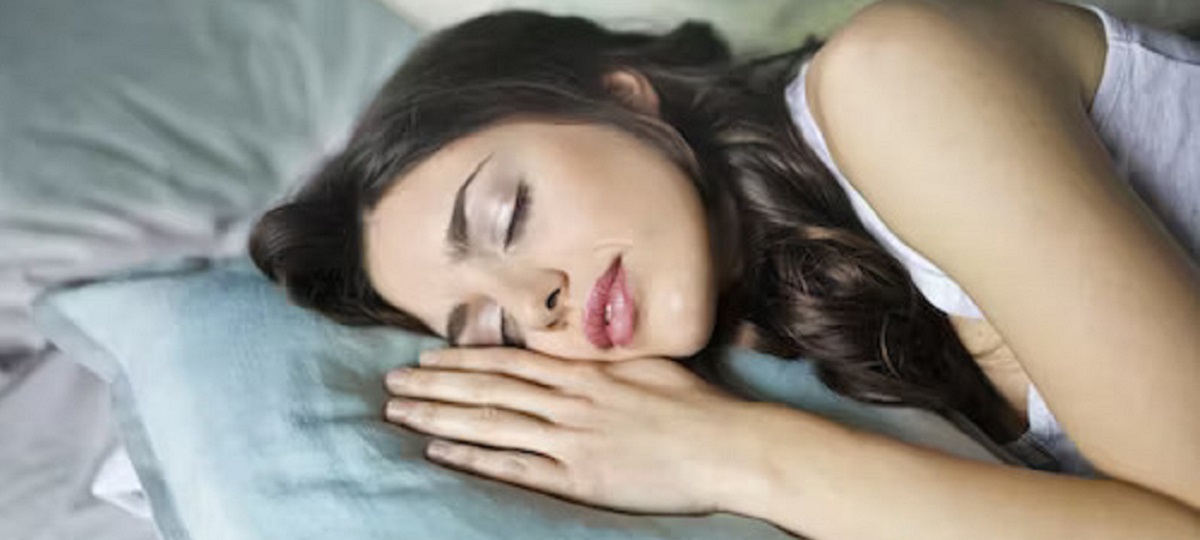The COVID-19 epidemic has had a negative effect on mental health in addition to physical health. Insomnia, a sleep condition marked by difficulties falling or staying asleep, is one of the common adverse effects. Sleep disruptions have increased as a result of the pandemic’s stress, uncertainty, and lifestyle changes. This post will examine the connection between COVID-19 and insomnia and go over practical methods for dealing with and resolving this sleep issue.
Understanding the Connection
There are several facets to the link between COVID-19 and sleeplessness. A number of variables come together to cause sleep disruptions, such as fear of illness, social isolation, economic instability, and the general uncertainty surrounding the pandemic. Stress causes the hormone cortisol to be released, and an increased level of this hormone can disrupt the regular cycle of sleep and wakefulness.
People’s ability to regulate their sleep-wake cycles has been further disrupted by changes in daily routines, more screen time, and decreased physical exercise as a result of lockdowns. An further consequence of the blurring of work and personal life borders is unpredictable sleep cycles, particularly for remote workers.
Causes of COVID-19-Induced Insomnia
COVID-19-induced insomnia can stem from various factors related to the pandemic and its consequences on mental and physical health. Here are some potential causes:
- Stress and Anxiety: The uncertainty surrounding the pandemic, fear of contracting the virus, financial worries, and concerns about the health of oneself and loved ones can lead to heightened stress and anxiety, making it difficult to fall asleep or stay asleep.
- Changes in Routine: Disruptions to daily routines due to lockdowns, remote work, or changes in employment can affect sleep patterns. Irregular sleep schedules, lack of physical activity, and increased screen time before bed can contribute to insomnia.
- Social Isolation: Social distancing measures and limited social interactions can lead to feelings of loneliness and isolation, which may disrupt sleep patterns and exacerbate feelings of anxiety and depression.
- Excessive News Consumption: Constant exposure to news updates and information about the pandemic, particularly before bedtime, can increase stress levels and make it challenging to unwind and relax.
- Health Concerns: Individuals may experience physical symptoms related to COVID-19, such as coughing, shortness of breath, or fever, which can interfere with sleep. Additionally, pre-existing health conditions or worries about potential complications from the virus can contribute to insomnia.
Strategies for Coping with COVID-19-Induced Insomnia
Dealing with insomnia induced by COVID-19 can be challenging, but there are strategies that can help:
- Establish a Consistent Sleep Schedule: Maintaining a regular sleep routine is crucial for resetting circadian rhythms. Even on weekends, establish a regular bedtime and wake-up time to support your body’s natural schedule.
- Create a Relaxing Bedtime Ritual: Create a relaxing bedtime ritual to let your body know when it’s time to relax. This might involve engaging in relaxing activities like deep breathing, reading a book, or having a warm bath.
- Limit Exposure to Screens Before Bed: The blue light emitted by screens can interfere with the production of melatonin, a hormone that regulates sleep. Aim to reduce screen time at least an hour before bedtime to promote a more restful sleep.
- Manage Stress and Anxiety: Engage in stress-reducing activities, such as meditation, yoga, or mindfulness exercises. Managing anxiety through these techniques can positively impact sleep quality.
- Create a Comfortable Sleep Environment: Make sure your bedroom is a comfortable place to sleep. This means creating a quiet, chilly, and dark environment in addition to having a comfortable mattress and pillows. Consider using blackout curtains and white noise generators if needed.
- Limit Stimulants and Alcohol: Caffeine and nicotine are stimulants that can disrupt sleep, so it’s advisable to avoid them, especially in the hours leading up to bedtime. Alcohol might make you feel sleepy at first, but it can also make your sleep later in the night decrease in quality.
Conclusion
As the world continues to navigate the challenges posed by the COVID-19 pandemic, it’s essential to prioritize mental well-being, including addressing sleep disturbances like insomnia. By implementing the strategies discussed in this article, individuals can take proactive steps towards fostering a restful and rejuvenating night’s sleep. Remember that overcoming insomnia is a gradual process, and patience, consistency, and self-compassion are key elements in the journey to better sleep amid these unprecedented times.
